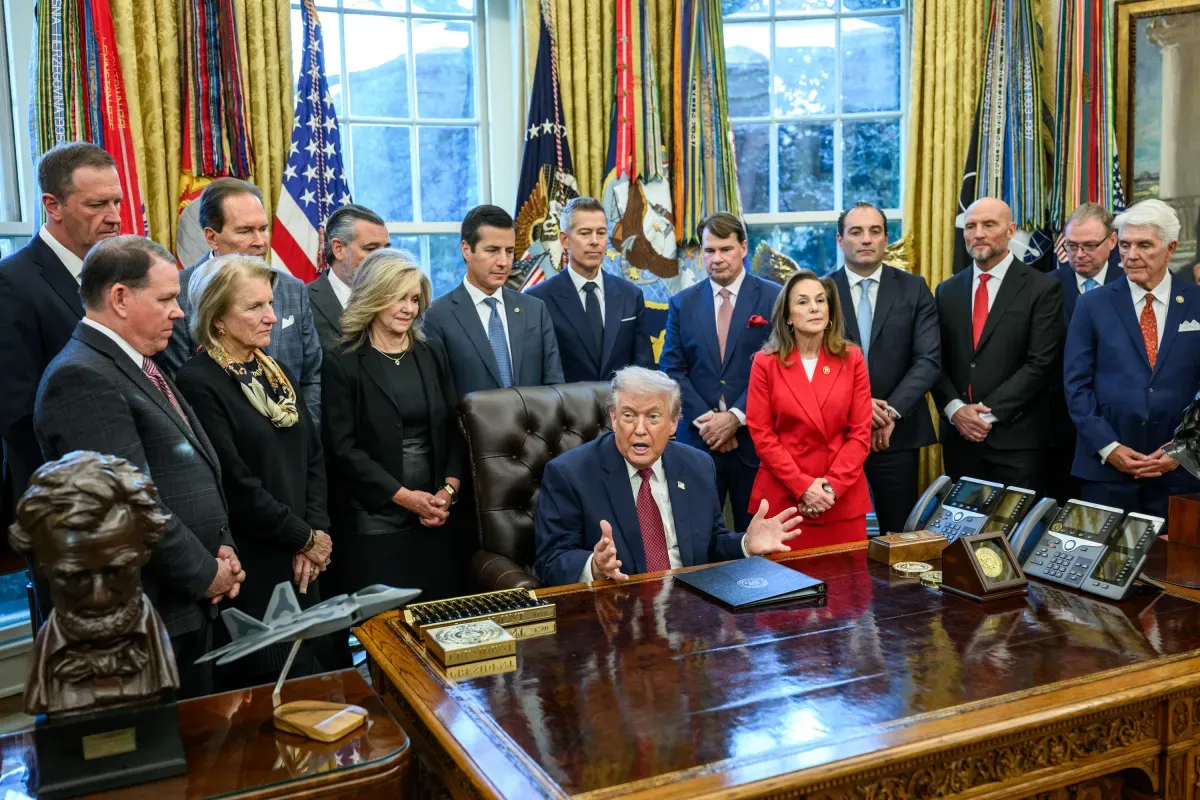I hope you noticed that I did pose this thought as a question. I do not pretend to have a definitive answer for you, but I do think it is a question worthy of your consideration. It is a decision that can well be one of the most expensive financial commitments you will ever make. It can also have a considerable effect on your child's happiness and success in his or her adult life. Let me ease into the topic with a bit of humor. Consider this:
Chances are most Automotive Technicians will never need the services of a Brain Surgeon. But the chances are very high that every Brain Surgeon will need the services of many Automotive Technicians during his lifetime.
Now I am honestly not trying to draw any direct comparisons here. We need people who are very good at both professions. Our society considers being a doctor to be a very special and prestigious position, and I take nothing away from that. But, everyone would not make a good doctor, nor would everyone want to. And today, to get the education necessary to become a doctor costs a great deal of money. Not all the people who have the aptitude and desire to become a doctor can afford the education without taking on a great deal of debt. Colleges and universities have become incredibly expensive over the past few decades.
Are Our Egos And Prejudices Blinding Us To Some Excellent Educational Alternatives?
I would contend the answer to this question is yes. I graduated high school in 1964. Neither my mom nor my dad attended college. They were part of the generation of people who had their life interrupted by WWII. When it was over, most of those people did get some additional education as a function of the GI Bill, and many learned a trade. Sometimes that trade was the extension of something they had done while in the service—people who had worked with radio equipment in the service, open electronic repair shops. My father had been in photo-reconnaissance in the Air Force, returned home, enrolled in a photographic school, and became a still photographer and then a motion picture photographer. My parents provided a very nice upper-middle-class lifestyle for us and, without a doubt, wanted their two sons to attend college. It was part of their American dream.
I Attended College For Five Years, Changed Schools And Majors Once, And Ended Up With A Bachelors Of Arts In Science
My high school did a fine job of educating me but didn't help me choose a college. My guidance counselor asked me what I liked to do, and I told him I flat-out loved automobiles. He had no idea what to do about that or how it applied to college. I discovered the college I would attend one day while reading a copy of a magazine named Popular Mechanics!
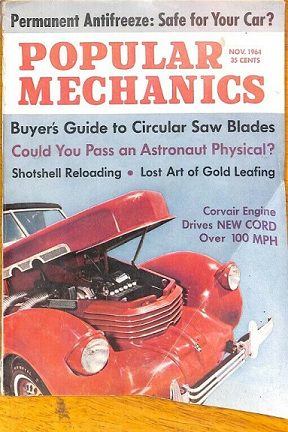
I found a single-column-wide advertisement with some line drawings at the top of the page that asked the question, "How would you like to design these?" The drawings showed a rocket, a plane, and a car. I thought to myself, that is exactly what I want to do! I filled out the tiny space at the bottom of the ad with my name and address. A few weeks later, a brochure and application from the Milwaukee School of Engineering arrived at my house. I applied and was accepted. I was going to be an engineer and go to college in a state a thousand miles away.

It turned out to be a wonderful school if you wanted to be an engineer. It was so dedicated to the concept of making the perfect engineer that even our required English courses had names like Technical Report Writing. In my second year at school, I signed up for a work/study program where you took classes until noon and then worked as an apprentice draftsman in an engineering department in the afternoon. I worked at Globe Union in the machine design department. I discovered I didn't enjoy working with engineers. They were very nice people, but their way of looking at the world was quite different than mine. They didn't enjoy small talk. This was the era of the Green Bay Packers, Bart Star, and Coach Vince Lombardi. I didn't care about football, but I thought it might be an excellent way to make some small talk. When I came in Mondays, I would ask what did you think of the game? If the Packers had won on Sunday, they would say, good. If they had lost, the reply would be very sober, bad. They looked at the world as a series of binary alternatives, good or bad, hot or cold, strong enough or not strong enough. It was wonderful from an engineering perspective, but I was not cut out for that kind of life…and I knew it.
What Was I Going To Do After I Discovered I Was Not Cut Out To Be An Engineer?
The realization that engineering was not going to be a good career fit for me was very important and equally frightening. Frightening because I had already spent two years and a lot of my parents' money going to school far away from home. And important because I realized that if I were not going to become an engineer, what would I become? I had no idea. But, I did find the office of the Wisconsin office of unemployment. I told them that I had been studying to be an engineer and that I had recently realized that was a mistake. Now I wanted to figure out what I might be better suited to do? They were more than happy to help me and gave me a series of skill and aptitude tests. The skills tests revealed that I better not get paid for it on a "piece work" basis no matter what I wanted to do for a living.

I am naturally relatively slow and very detail-oriented. Great if you are a surgeon, but not so good if you are working on an assembly line. The personality inventory test showed that I had solid people skills, excellent verbal skills, and that I was a very effective problem solver. They were very proud to present me with three potential careers in which they believed I would excel. They thought I would be an excellent coach, an outstanding clergyman, or a fine teacher! I didn't care much for sports, so I wasn't interested in coaching. I'm not a religious person by nature, so that was probably a no-go. And, by elimination, teaching sounded like a winner. My new challenge was to find a school where I could transfer.
Even When You Have Made A Mistake, There Is A Lot To Be Learned From It.
I spent the next two weeks touring colleges in southern Wisconsin, looking for a school that would accept me into a program that would grant me a degree that would allow me to become a teacher while also crediting me for as many of the courses I had already completed. That was a challenge because Milwaukee School of Engineering was on a quarter system, while most schools were on semesters and our courses all had engineering names instead of normal subject names. My school of choice was a small liberal arts college in a tiny town close to the Illinois border named Milton College.
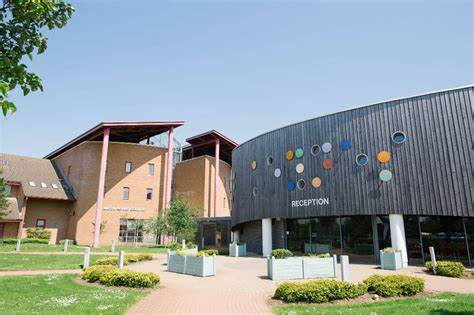
I am not sure that anyone ever set out to become a freshman at Milton College. It seemed that virtually everyone I met at Milton had started at another much larger school, partied way too hard, and found Milton as a way to settle down and get an education. After some negotiation, we agreed that if I completed three years at Milton, I could come away with a Bachelor of Arts degree in something called broad field science that would adequately equip me to become a high school science teacher. But, I would have to pass all of my classes, get good grades. I graduated and returned to New Jersey, where I was hired as a 7th and 9th-grade science teacher at the very same high school I graduated from some five years earlier.
But, What About My Greatest Passion For Automobiles?
I did enjoy teaching. I enjoyed showing people how to do things they hadn't done before. I enjoyed giving them information that they had not known previously. I liked finding ways to help them understand new concepts. And, I just really enjoyed working with people and working in a range of ideas way more nuanced than simply yes or no! But I missed working around cars, and I felt I needed a more competitive environment than teaching.
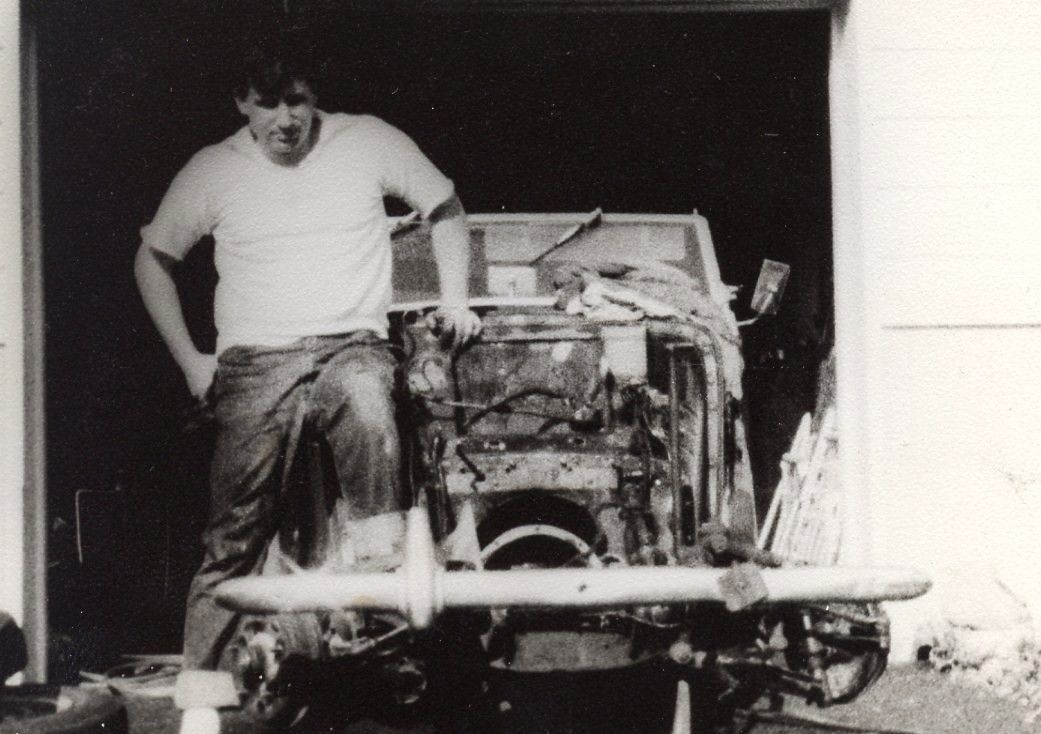
So I applied to two automotive companies when my first year of teaching was over and waited for a reply. After about six weeks, I received a response from both of them on the same day, offering me the same job in both organizations. The companies in question were Mercedes-Benz and Volvo! The job was as a consumer affairs representative, speaking with new and potential customers about cars. I decided to go with Volvo because I was a better fit in the Volvo organization than Mercedes during my interviews at their respective offices. It could have gone either way, but I had also owned a used Volvo in college, and I thought it was a fabulous car. So, for the next 32 years, I was a Volvo guy.
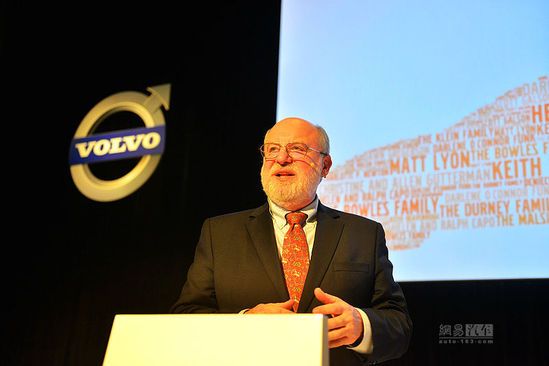
I moved up through the ranks and ultimately directed all of the company's Public Relations and Marketing here in the United States. Looking back on my career, I realize that the success I enjoyed came about as a result of one skill…and that was the ability to tell a good story. And that was the same ability that would have made me a good teacher, clergyman, or coach, as I had been told all those years ago in Wisconsin.
May I urge you to consider two things?
If you have high school-aged children, please have them take tests that help them understand not only what they know, but also their personality, so that they can find careers that will make them happy.
Do not rule out a career as a licensed tradesperson! Today, there is a huge demand for Automotive Technicians, Electricians, Plumbers, Carpenters, HVAC Technicians, and other Trades Specialists. These people can earn a very handsome income, own their own company, and set up their business anywhere they would like to live.
Not everyone needs to go to college!
There is way more demand for skilled tradespersons today than there is supply. In the automobile business, dealerships are constantly looking to recruit skilled technical people. Here in the New York area, it is not uncommon for a top automotive technician to earn more than $100,000 a year at a dealership. Often, the best ones are recruited away by other dealerships who pay them signing bonuses, like professional sports players. And one of the good things about being someone like a licensed plumber is that you can take that trade with you, should you decide, you would rather live in Florida or Texas than New York. It is your skill set and your license. You can move.
I think there is absolutely nothing wrong with college. But it has never really been the right educational choice for everyone. Yet in our society, we seem to feel that everyone should go to college. One of the key metrics used to evaluate high schools is the percentage of graduates who go on to college, so they tend to encourage college applications. Let me close by asking you if you think that is serving the best interest of their students or the prestige of the high school?


